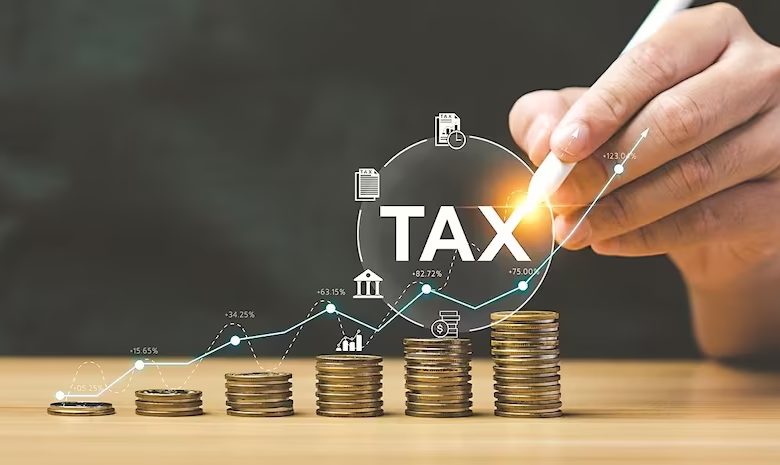What Are the Tax Consequences of Personal Loans?

When it comes to personal loans, most people focus on their financial benefits and repayment terms. However, understanding the tax consequences of personal loans is equally important. This article will explain in simple terms how personal loans can affect your taxes and help you make informed decisions about borrowing.
Personal loans can be a helpful tool for managing expenses, consolidating debt, or covering unexpected costs. While they offer flexibility, it’s essential to know how they impact your taxes. Fortunately, personal loans generally have limited tax consequences, but specific situations can alter this.
What Is a Personal Loan?
A personal loan is a type of borrowing where you receive a lump sum of money from a lender and agree to repay it in fixed installments over a set period. Personal loans are usually unsecured, meaning they don’t require collateral, and they can be used for a variety of purposes like medical bills, education, or weddings.
Are Personal Loans Considered Taxable Income?
In most cases, personal loans are not considered taxable income. This is because the money you borrow needs to be repaid. Since you are obligated to pay back the amount borrowed, the IRS does not see it as income you have earned.
However, there are exceptions:
- Loan forgiveness: If the lender forgives part or all of your loan, the forgiven amount may be treated as taxable income.
- Gifts vs. loans: If a loan is structured as a gift or without any intent of repayment, it could trigger gift tax implications for the lender.
Tax Deductibility of Personal Loans
Generally, the interest you pay on personal loans is not tax-deductible. This is different from other types of loans, such as mortgages or student loans, where interest payments can often be deducted.
Exceptions
- Business Expenses
If you use a personal loan for business purposes, the interest may be deductible as a business expense. However, proper documentation is required. - Home Improvement
If the loan is used specifically to improve your home, such as remodeling or adding new features, the interest might qualify for a tax deduction, provided the loan is secured by the property.
Specific Scenarios Impacting Tax Consequences
Here are a few situations where personal loans can have tax implications:
a. Using a Personal Loan for Business
If a personal loan is used to fund your business, the interest paid can often be deducted as a business expense on your tax return. For example:
- Purchasing equipment
- Covering operating costs
You must keep detailed records of how the loan funds were used.
b. Using a Personal Loan for Home Improvement
Personal loans used for home improvement may allow you to deduct the interest if the loan is secured by your home. For example:
- Installing a new roof
- Building a home office
Always consult with a tax advisor to verify eligibility.
c. Loan Forgiveness
When a lender cancels or forgives a portion of your personal loan, the forgiven amount is generally considered taxable income by the IRS. For example:
- If you settle a $10,000 loan for $6,000, the $4,000 forgiven might be taxable.
Interest on Personal Loans and Taxes
The interest rate on personal loans varies depending on your credit score, loan amount, and lender. While personal loan interest is generally not tax-deductible, understanding its impact on your overall financial picture is crucial.
Key points to remember:
- Non-deductible interest: Most personal loan interest does not reduce your taxable income.
- Special cases: Deduction eligibility depends on the loan’s purpose, such as business or home improvement use.
Reporting Personal Loans on Tax Returns
In most cases, personal loans do not need to be reported on your tax return. Since they are not income, there’s no need to include them unless:
- The loan was forgiven.
- The loan qualifies for specific deductions, such as business expenses.
For forgiven loans, your lender will typically issue a Form 1099-C outlining the amount forgiven, which must be reported as income.
Conclusion
Personal loans have minimal tax consequences in most situations. They are not taxable as income and do not usually qualify for interest deductions unless tied to business or home improvement expenses. However, certain situations, like loan forgiveness, can trigger tax implications.
To fully understand how a personal loan affects your taxes, consult a tax advisor who can provide advice tailored to your specific circumstances. Always keep detailed records of how loan funds are used and stay informed about changes in tax laws to make the most of your financial decisions.



